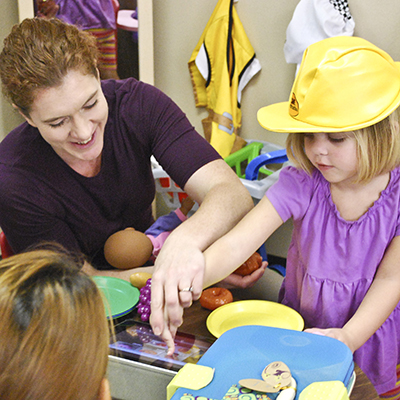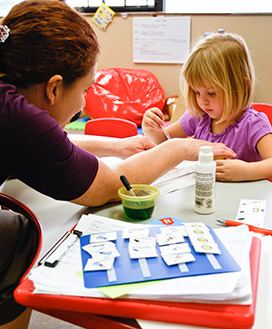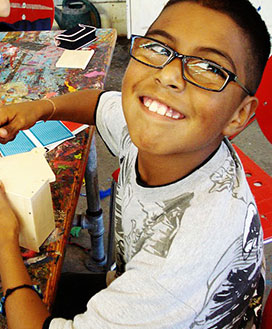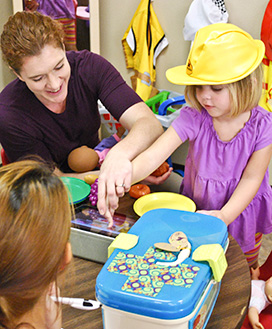Research
The Department of Educational Psychology (EPSY) is engaged in exciting, cutting-edge research in school, home and community settings. With over $22 million in external funding expenditures last year, the department has significant initiatives that examine educational achievement, social support and mental health issues across various ages and demographics.
Nationally and internationally recognized for their research excellence, the Center for Disability and Development (CDD) as well as the Center for Research and Development in Dual Language and Literacy Acquisition (CRDLLA) lead the way in reducing barriers to equity in health and education.
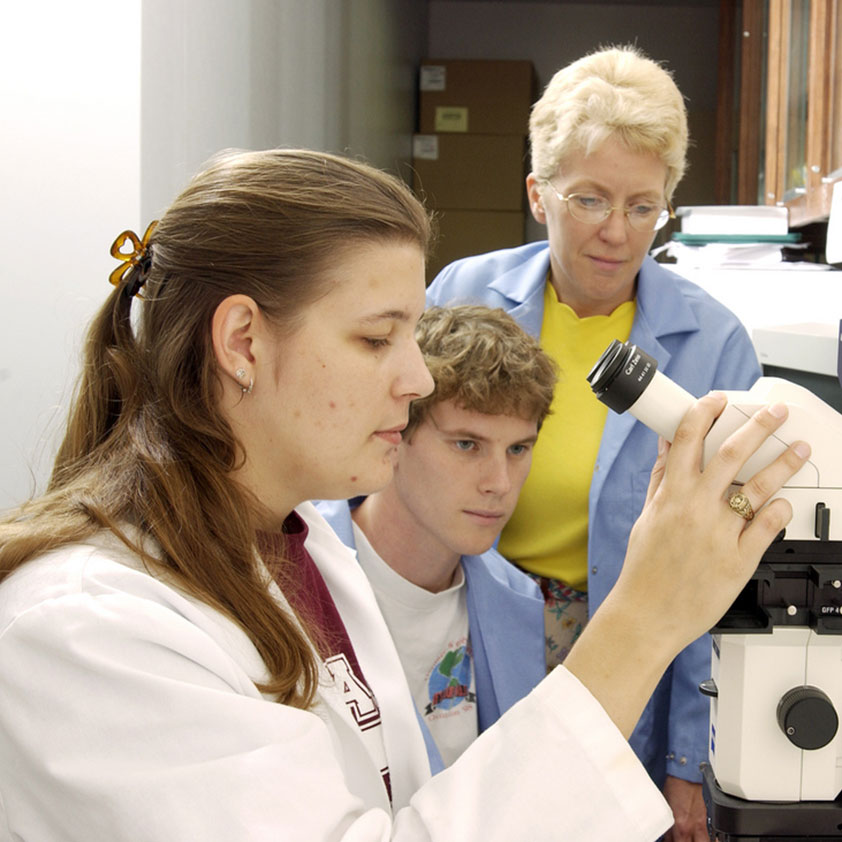
Research by the numbers
New Awards: $22,318,679
Annual Budgeted: $10,139,154
Proposals Submitted
Faculty Funded
Percent Tenured/ Tenure Track Faculty
Total Annual Budgeted Funding
Private
State
Federal
Outreach
Youth Adventure Program
The Youth Adventure Program (YAP) is a series of one-week courses designed to encourage career exploration in fields of interest to gifted and talented students. YAP is held on the College Station campus of Texas A&M University. Although no admission criteria are utilized, applicants should be highly motivated to learn, think, and solve problems and should have a strong interest in future college, university, and/or professional school attendance. Only one course is selected per week of attendance, and applicants are admitted on a first come basis.
Aggie Achieve
AggieACHIEVE (Academic Courses in Higher Inclusive Education and Vocational Experiences) is a four-year inclusive higher education program for young adults with intellectual and developmental disabilities to expand their interests and prepare for employment in the community. Aggie Achieve students will live on campus, participate in TAMU classes, join clubs and organizations, prepare for inclusive employment, and integrate fully into student life at Texas A&M University. Peer supports called ACHIEVEmates are current TAMU students that will help students accomplish the goals of the program and build relationships with them. This program is the first of its kind in Texas.


